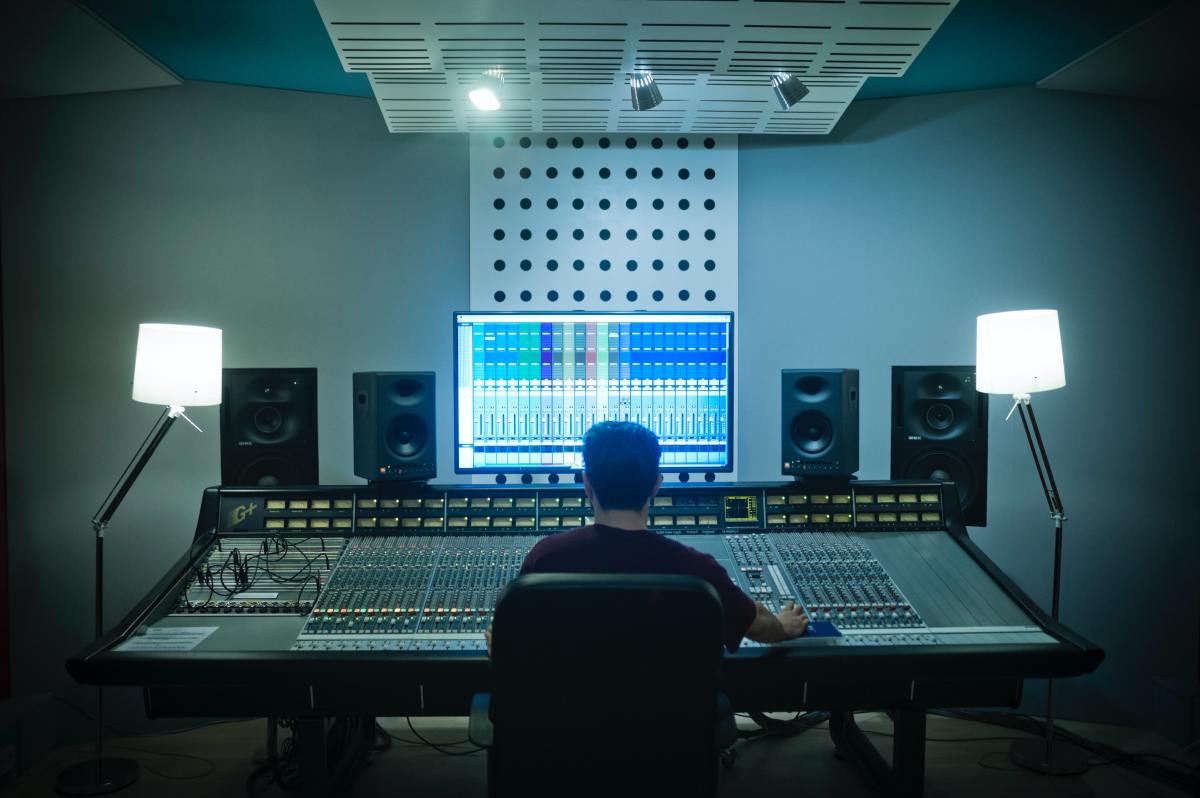With stupefying stream and view counts, video game music has stood the test of time in the entertainment industry. Ageless soundtracks like those of The Legend Of Zelda, Halo, Dark Souls, Jet Set Radio Future, and of course Christopher Larkin’s impeccable score for Hollow Knight, continue to pervade and influence pop culture as we know it.
But some video game music composers say that those streaming numbers mean nothing in the grand scheme of things. Unfortunately for most, modern changes in the way that music is distributed and licensed have had negative implications for composers seeking their rightful shares.
It seems that correct management of music and its distribution is more important than ever, but due to the rise of digital service providers (DSPs) and social media platforms like TikTok and Twitch, the process has become quite convoluted.
One of the major problems lies in metadata, the key information embedded into audio files, such as track names, composer credits, and even tempo and genre. Metadata exists to ensure that the proper recording information is attributed to a song in order for the correct people to receive credit for their artistic work.
Unfortunately, in the case of many composers in the modern era, the process of entering metadata feels more like an afterthought. While it seems like a simple thing for those responsible for proper crediting and metadata entry to just get it right, the sad truth is that it rarely happens.
One acclaimed composer of video game, television, and movie music told Video Games Chronicle that “good metadata only exists in about 10% of the industry.” That’s a baffling statistic, considering the impact of a musical score or soundtrack on a blockbuster film or indie video game.
“There are so many [game] companies that just don’t do it [properly] because they don’t know how to do it,” the composer told VGC. “They’re not in the habit of getting proper cue sheets from composers. This happens in TV, radio and film, but not in games.”
The cue sheet that the composer, who chose to remain anonymous, is referring to is an important document that lists all artists and engineers behind a body of a musical work. It essentially functions as a blueprint for the metadata that’s supposed to be tied to the track’s file.
Unfortunately for those artists, “the only people that request these are the top-tier [game] publishers because they’re the only ones involved in the real publishing of the music.”
That notion in itself is problematic because the soundtracks of many indie games and other artistic works not only greatly enhance the gaming experience, but also go on to be streamed by each game’s fans. When proper crediting is not attributed to the work, many composers and artists get left in the dust when it comes to royalty splits.
But the issue is far more complicated than “do the work, get the money.” For instance, buyouts are a major contributing factor to the disparity. Buyouts exist when the party commissioning the work (i.e. the game publisher) purchase the rights to all artistic elements involved in the body of work—including the music.
Those parties often have contracts explicitly stating that they retain all rights to streaming revenue, unless that contract explicitly states otherwise. Those contracts are lengthy and tedious for composers, many of whom are just happy to have their music featured in a game or movie, so the terms may get swept under the rug.
The same anonymous source that shared their frustrations with the crediting process insisted that no company can legally stop composers from earning their cut from their writer’s share, even in a buyout scenario. But the process is so convoluted that confusion still remains.
The Ivors Academy and Musicians’ Union recently launched a campaign against the buyout process, seeking to change the way composers are credited for their work and eliminate the haziness surrounding fair crediting and compensation.
In some scenarios the company and the composers can both earn their royalties from an agreement with distributors. The company would pay a licensing fee, and both parties (company and composer) earn a cut from the streaming or actual video game purchases.
However, that agreement currently only exists with one video game company: Sony Computer Entertainment Europe. SCEE signed a licensing agreement with PRS for Music in 2014, earning both the company and its musical composers loyalty off of streaming on major platforms and video game purchases made through the PlayStation Store in Europe. Major organizations such as Microsoft and Nintendo have yet to follow suit.
As for the crediting issue, problems begin to root even deeper when video game soundtracks aren’t made available to stream through DSPs. Such is the case for Goldeneye, Banjo Kazooie, and Perfect Dark composer Grant Kirkhope, who hasn’t seen much of his music made available for streaming or even been credited for many of his earlier works. Kirkhope claims he has never received a single request for a cue sheet in his 25-plus year career.
“I just don’t think some companies take game soundtracks very seriously, and it’s a bit of a pain in the ass because it’s like, you’ve done the work, the least you can do is credit me,” Kirkhope told VGC.
“I’ve known composers on major games not get credit for what they’ve done. And I don’t think that’s right,” Kirkhope continued. “There was a major release where the main composer got some other composers to help him out and [he] said that he’d told the company to credit the other composers when the soundtrack comes out. The other guys didn’t get credited at all, either on the soundtrack or in the credits. I’ve known that to happen a few times.”
Though massive problems like these lead to even more complications—like piracy and bootleged works—it seems that there is some hope for video game composers on the horizon. New companies like Laced Music have been formed to handle crediting and royalty issues as video games and their soundtracks continue to rise in popularity.
Laced Records CEO Danny Kelleher, whose company recently partnered with Kobalt to help game companies and composers collect royalties directly from PROs, insists that it’s essential to get the metadata right.
“Nearly all the major DSPs pay both mechanical and performance (streaming) royalties to collection societies and publishers around the world,” Kelleher said. “If the incorrect metadata is supplied in regard to the writers/publishers, then it is quite unlikely those royalties will make it to the right parties.”
Laced Music—as well as other independent labels and in-house music divisions from major developers—do seem to be making strides in the right direction. But for now, the struggle continues for composers fighting to get their fair share for their invaluable contributions to video game culture.









